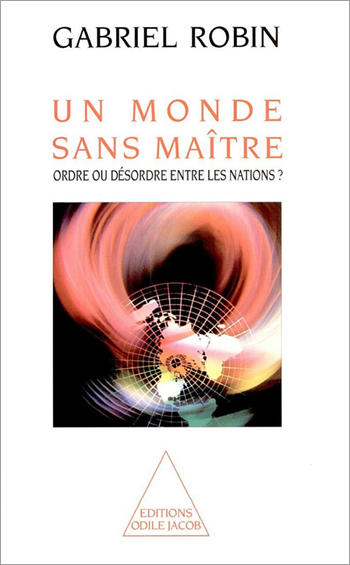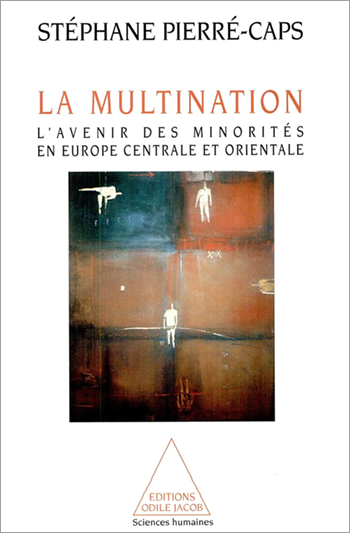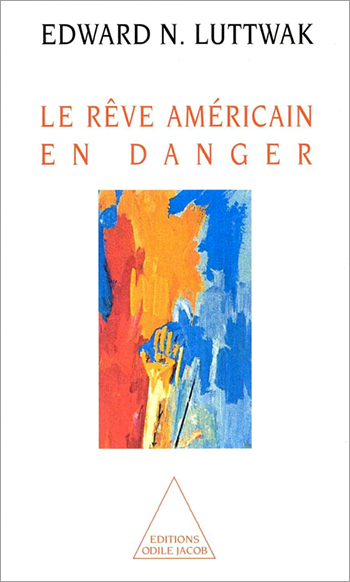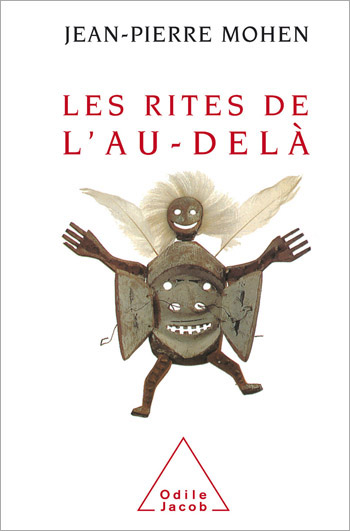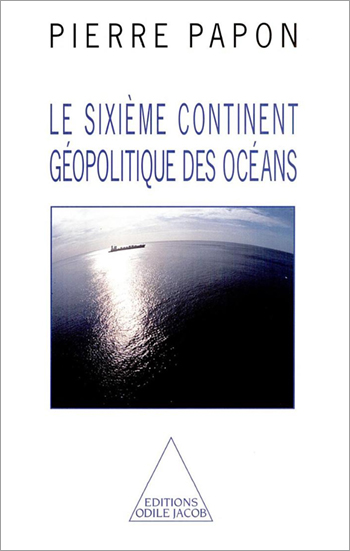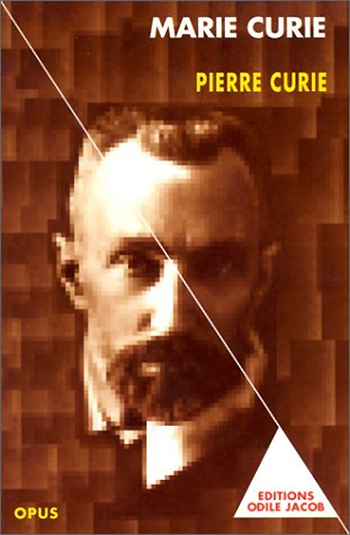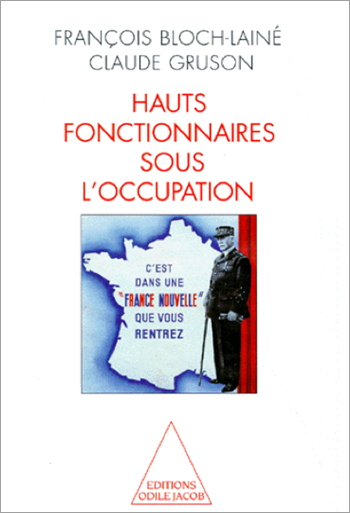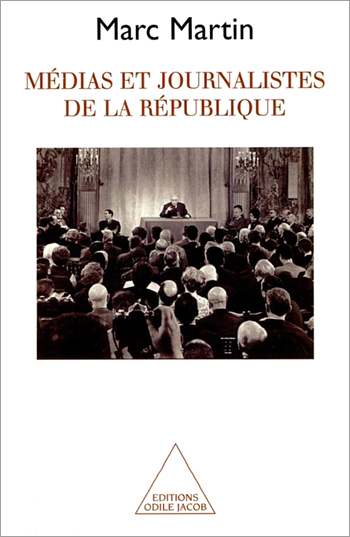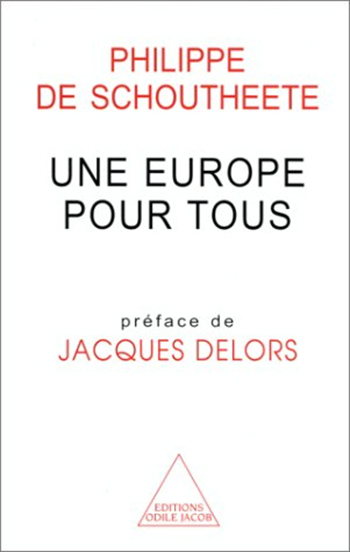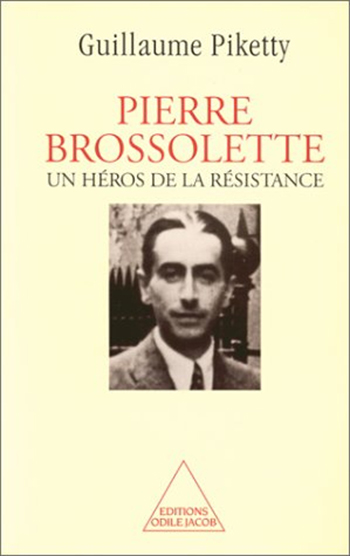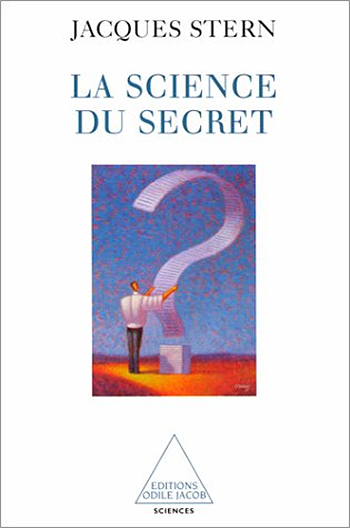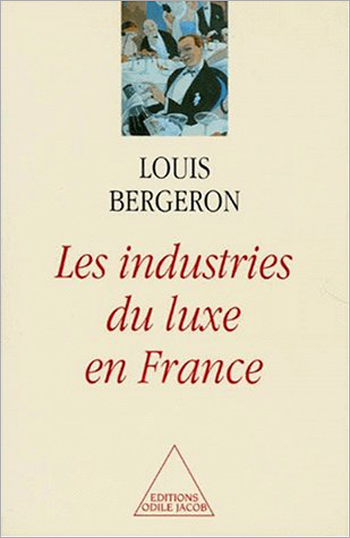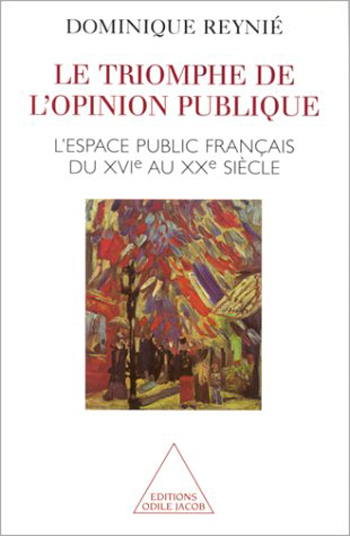History and Geopolitics All books

Laurent Douzou
Disobedience History of the Liberation Movement
Not everybody in the world become a Pétainist after the debacle and not all the resistance movements were infiltrated by communists working for the benefit of Moscow. Drawing upon numerous archives, Laurent Dazou explains why several men and women as diverse as a freewheeling navy officer, a normalien philosopher obsessed with maths, a young militant communist from the Latin Quarter and a founding banker from an anti-Semetic league, refused to crack under pressure, joining the ranks of disenchantment, and learning to resist by organizing themselves to fight and to blaze the trail of disobedience. Laurent Douzou is a specialist in the history of the Resistance.
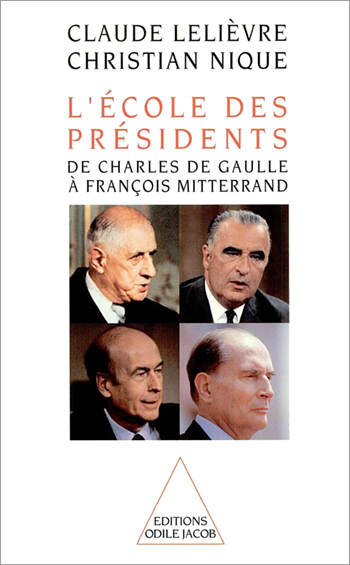
Claude Lelièvre, Christian Nique
The School of Presidents From Charles de Gaulle to François Mitterrand
What kind of education shaped Charles de Gaulle, Georges Pompidou, Valéry Giscard d'Estaing and François Mitterand? Who were their mentors? What was their opinion of school? What role is played in educational politics by a nationalist "Saint-Cyrien", a conservative "Normalien," a liberal from Polytechnique or ENA, or a socialist from Sciences-Po? How did their different educational experiences affect their actions and their views? A story of four great men who were once just schoolboys like everyone else.
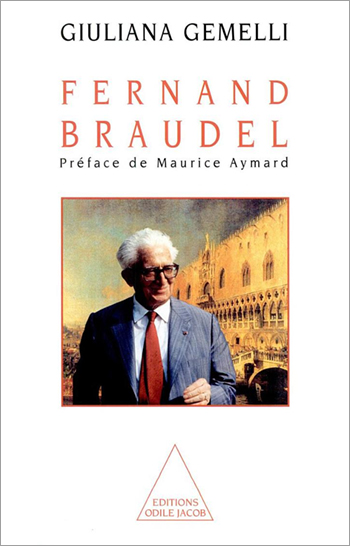
Guiliana Gemelli
Fernand Braudel
Fernand Braudel is considered as one of the major historians of the XXth century. Making his stand against factual history, he was one of the founders of the triumph of new history: the history of human societies rooted in their geographical space and obstinately determined to produce their material civilization there. This biography takes its strength from friendly conversations between Braudel and Giuliana Gemelli, who because she is Italian, had the necessary distance to make a demanding quest.

Robert Darnton
Mesmerism and the End of the Enlightenment in France
At the beginning of 1778, Franz-Anton Mesmer arrived in Paris where he set about expounding his rather exotic theory - that the universe was swimming in a fluid which was responsible for occurences such heat, light, electricity and magnetism, but it was this fluid's relevance to medicine which he wished to highlight. In order to restablish health and man's harmony with nature he undertook strange healing sessions which became the origins of an extraordinary craze. Quickly, mesmerism became a disguised political theory. In demonstrating the links of mesmerism to politics, and the scientific notions of the age, Robert Darnton provides in this work a decisive contribution to the study of the diffusion of ideas in French society at the end of the 18th century. Robert Darnton is a professor at the University of Princeton
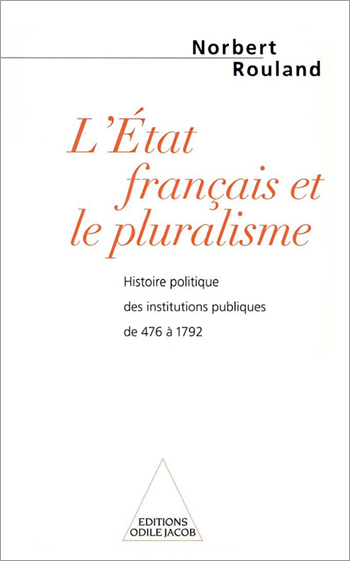
Norbert Rouland
The French State and Pluralism A Political History of Public Institutions from 476 to 1792
Has France become a multicultural society? Are we heading towards a dislocation of French unity, or a more advanced form of democratic life due to this pluralism? Can we invoke the French tradition which has given us several reference points? These are the serious questions which History must confront, and it is the aim of this history of public institutions to do just that. The author shows that the French State has constructed the Nation through a stronger voluntarist policy than found in most other Western European countries. His clear yet detailed style makes this book accessible to a wide readership, both those wishing to know more about the origins of our current political regime, and also to first year students, to whom this work represents a source of valuable information.

François Godement
The Renaissance of Asia (New Edition)
How can the dynamism of modern Asia be explained ? Is there a unified Asian identity which could point to subsequent unification ? What is the role of the State, and the future of democracy in Asia ? François Godement presents one of the first major histories of the contemporary Far East in which he not only traces the recent history of the continent, but also reveals the future for occidental societies. François Godement is a professor at the Institute of Eastern Languages and head of research at the French Institute for International Relations.
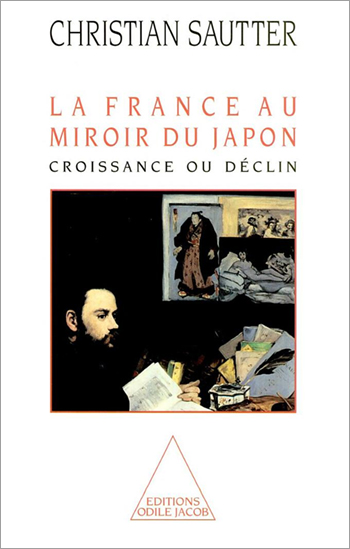
Christian Sautter
France Reflected in Japan Growth or Decline
Where does the formidable Japanese resistance to unemployment come from? How can their persistence be explained when Japan, like all developed countries, is faced with robotization, technological revolutions and, more recently, competition in the form of young populations in neighboring countries? This should give France pause for thought: as starkly contrasted as these two cultures may seem, France and Japan are sister countries. Thus reflected in the mirror of Japan, France can discover that its decline need not be fatal, and that it is up to France to break with a decrepit conservatism and embrace growth. Christian Sautter is the director of studies at the Ecole des hautes etudes en sciences sociales (EHESS).
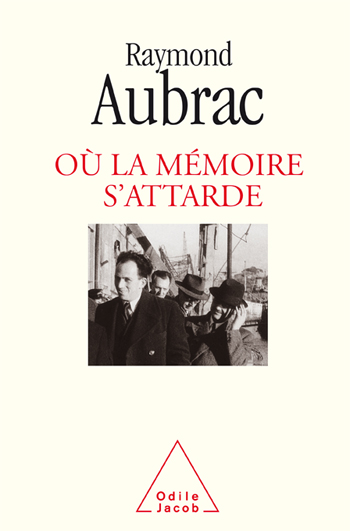
Raymond Aubrac
Where the memory lingers
Discreet by nature and secretive by necessity, Raymond Aubrac has been closely involved in more than half a century of history, in France and abroad. Within France, he is one of the great figures of the Resistance, and is one of the last survivors of the meeting at Caluire, on June 21st 1943, in the course of which Jean Moulin was arrested. A confidant of Ho Chi Minh, Raymond Aubrac also played a central role in the secret negotiations which accompanied the Vietnam war. In this book he gives a new, personal account of these events and others, including his meeting with de Gaulle, his role in the reconstruction of France, and his work at the heart of the UN.
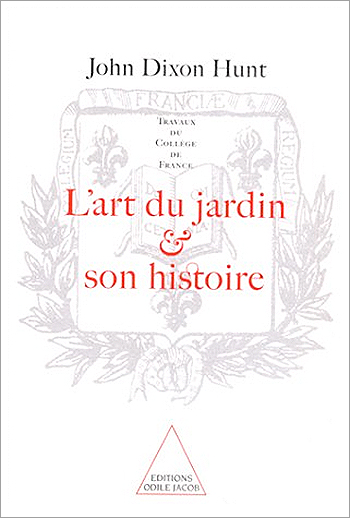
John Dixon Hunt
The Art of the Garden and its History (Product of the Collège de France)
What can a garden reveal about ourselves and our culture ?
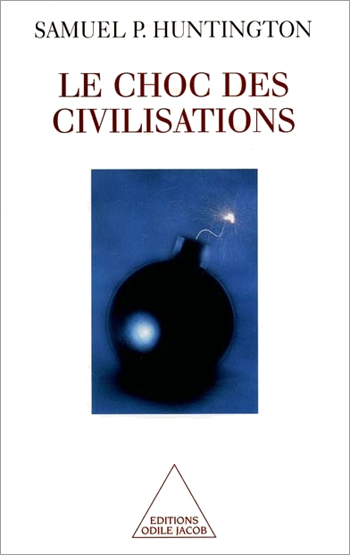
Samuel P. Huntington
The Clash of Civilisations
This is the book to read to understand the contemporary world and the real threats that are arising.
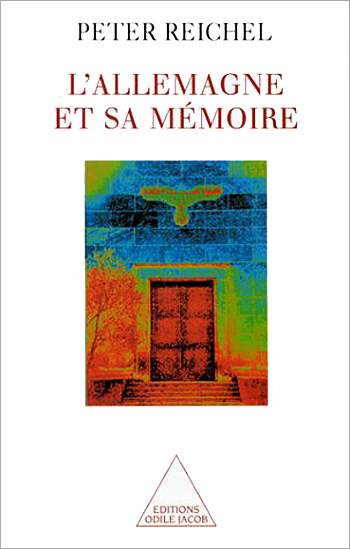
Peter Reichel
Germany and its Memories
How has Germany absorbed the heritage of National Socialism? What became of the Nazi buildings in Munich and Berlin? Have they been destroyed, rebuilt or abandoned? What is the significance of the present state of the concentration camps of Buchenwald, Dachau, and Ravensbrück? Does their condition signify an active desire to commemorate the past, or rather of a wish to make it commonplace? Peter Reichel draws on examples from one city after another, and sometimes in one neighbourhood after another, to highlight the hesitations and the contradictions of a nation confronted with a past that will not, or should not, go away.
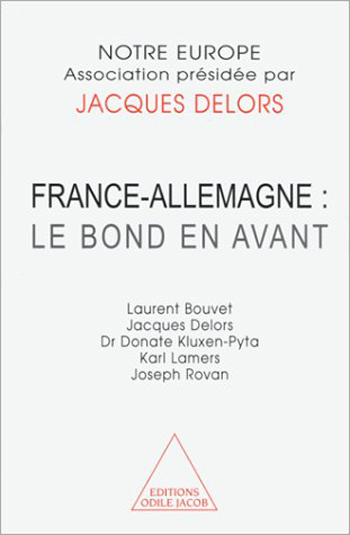
Jacques Delors
France and Germany - the Leap Forward
"During the past fifty years, the Franco-German ship has been shaken by numerous storms--although they never seriously halted her forward movement. In our opinion, strengthening the friendship between our two countries and working towards European political union will not lead to the loss of our French and German identities, nor will it dampen their vitality, for there can be no great design unless our national communities are fully alive and strengthened by a sense of social and citizens' cohesion." Jacques Delors

